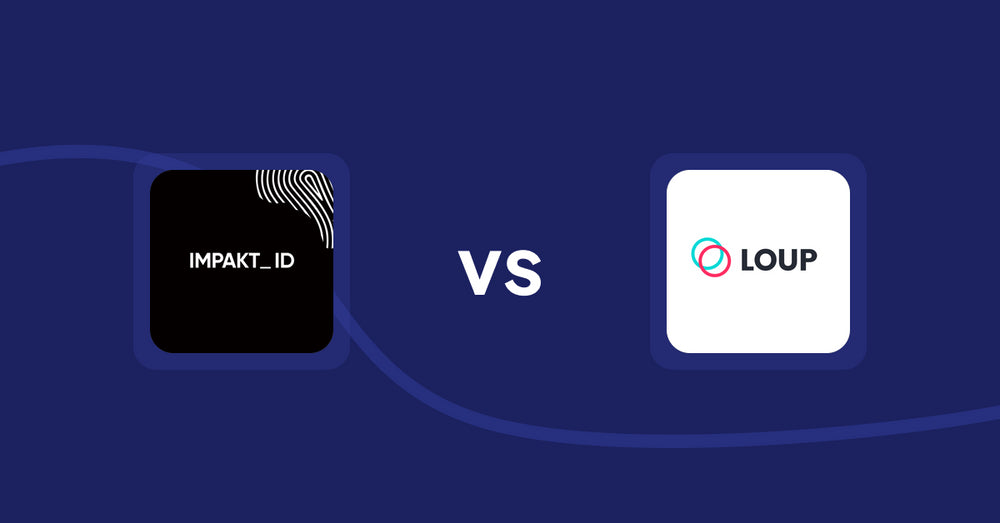Shopify Metafield Apps: StoreHours vs Seota In/Out Meta Data
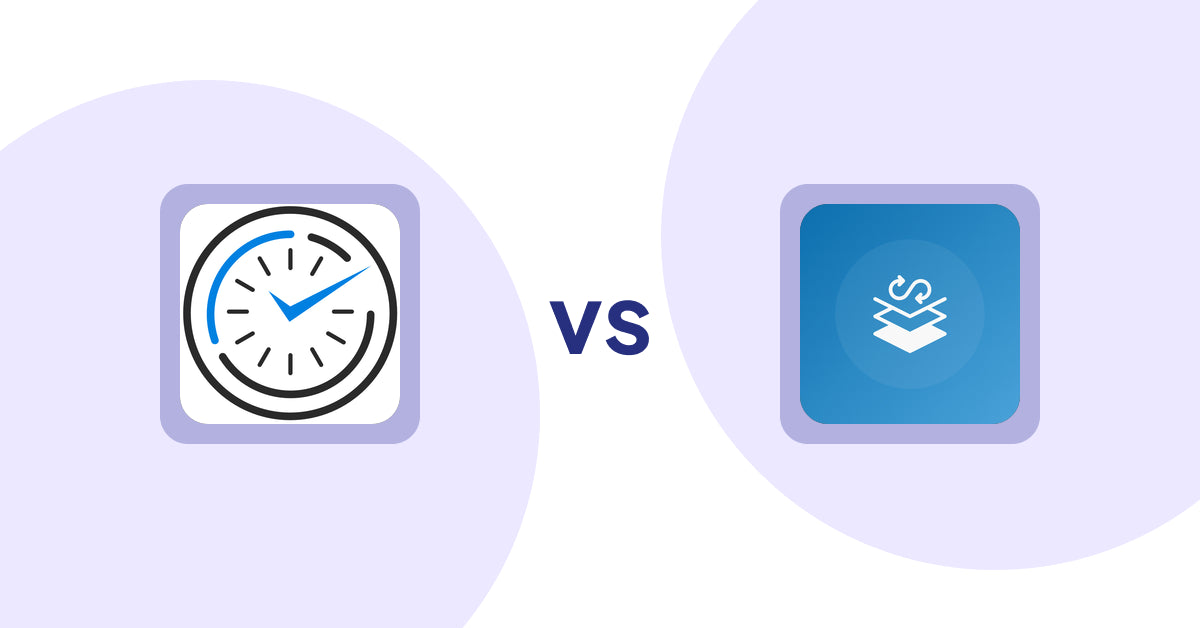
Table of Contents
- Introduction
- How Does StoreHours Work?
- How Does Seota In/Out Meta Data Work?
- How Much Does StoreHours Cost?
- How Much Does Seota In/Out Meta Data Cost?
- Cost Analysis: StoreHours vs. Seota In/Out Meta Data
- User Reviews & Customer Support Insights
- Integration and Compatibility Comparison
- Conclusion
Introduction
The significance of efficiently displaying store hours cannot be understated in the retail landscape. A study shows that over 80% of consumers check store hours online before making a visit. This statistic emphasizes the necessity for businesses to integrate Metafield applications to enhance customer experience and drive foot traffic. Metafield apps play a pivotal role in refining the shopping journey by providing crucial information and improving overall engagement.In this context, we will explore two noteworthy applications that serve Shopify merchants: StoreHours and Seota In/Out Meta Data. Both apps cater to improving how businesses display their information, yet they approach this goal from different angles. StoreHours focuses on managing and displaying operational hours effectively, while Seota In/Out Meta Data enables users to import and manage Metafield data without coding.
Let's delve into how these two apps can transform your business's online presence.
How Does StoreHours Work?
StoreHours is specifically designed to present your store’s operational hours straightforwardly and effectively. Its features are tailored for businesses aiming to communicate their availability clearly. Here's an overview of how StoreHours enhances your online storefront:-
Setup: Users can easily configure operational hours via a user-friendly admin dashboard. The setup allows flexibility, enabling multiple time ranges per day to accommodate varied schedules, such as breaks and special hours.
-
Display: Once set up, these operational hours are prominently displayed on the storefront, ensuring customers are always well-informed. The clean and minimalistic design avoids overwhelming visitors and emphasizes crucial information.
For startups, the basic plan offers essential functionalities to get started without any initial investment. As businesses grow, the premium plan provides unlimited monthly page views and dynamic holiday hour updates—valuable capabilities for small to medium-sized businesses seeking to enhance customer service. Larger enterprises would find the multi-language support particularly beneficial as they often cater to diverse customer bases.
Consider a scenario where a small business uses StoreHours to manage their operational hours and holiday schedules. The seamless integration of dynamic updates for special hours can prevent confusion among customers, ultimately boosting foot traffic and online visits while enhancing customer satisfaction.
How Does Seota In/Out Meta Data Work?
Seota In/Out Meta Data aims to streamline the tedious process of managing Metafields for products and collections across Shopify. The app targets users overwhelmed with manually inputting data by providing a more efficient means to manage and customize their offerings. Here’s a breakdown of how it functions:-
Data Management: Seota simplifies metafield management by allowing users to upload a single CSV file for bulk updates. This capability is invaluable for businesses that frequently add products or make updates.
-
Editing Options: The app supports both manual and bulk editing of metafields, enabling users to customize each product easily. This can help in creating personalized customer experiences.
Startups might benefit from the initial ease of setting up metafields without coding, while small to medium-sized businesses will appreciate the streamlined process during peak inventory turnover seasons. For larger enterprises, the ability to maintain an organized history of uploaded metafields adds an essential layer of accountability and tracking.
Imagine a medium-sized e-commerce business integrating Seota into their operations. The app's bulk-editing feature would allow them to efficiently update product descriptions and promotions without laborious manual entry, ultimately saving time and enhancing efficiency.
How Much Does StoreHours Cost?
Cost-effective solutions are crucial for businesses looking to maximize their investment. StoreHours presents an attractive pricing structure that accommodates various business needs:-
Basic Plan (Free):
- Price: $0
- Features: Standard hours displayed prominently; supports up to 10,000 monthly page views.
- Limitations: No unlimited page views or dynamic updates.
- Target Audience: Ideal for startups needing basic functionalities without additional costs.
-
Premium Plan ($5/month):
- Price: $5
- Features: Unlimited monthly page views, dynamic holiday hours updates, multi-language support.
- Limitations: None mentioned.
- Target Audience: Designed for small to medium businesses that require more robust features to serve a growing customer base efficiently.
Additional fees appear absent, indicating straightforward pricing for users seeking an effective solution.
It is important to note that you can always reach out to our team and we can create a custom pricing plan to suit your needs and your budget. Schedule a call via this link and we’ll come up with the best solution for you and your business.
How Much Does Seota In/Out Meta Data Cost?
Seota In/Out Meta Data currently does not list any pricing tiers, suggesting that its cost structure remains unclear. This absence may raise concerns for potential customers regarding the tool's affordability and accessibility. For Metafield management, clarity in pricing is vital for making informed decisions.Without explicit pricing, users must speculate about the potential costs and any limitations that may be linked to this app. This lack of transparency could dissuade businesses from incorporating the app into their workflow, especially those operating on tighter budgets.
Cost Analysis: StoreHours vs. Seota In/Out Meta Data
When comparing the cost of both applications, StoreHours clearly emerges as a more cost-effective solution. Not only does it offer a free plan for startups, but its premium tier is also incredibly affordable, unlocking a wide array of features that enhance customer engagement.In contrast, the lack of pricing information from Seota In/Out Meta Data raises concerns about potential hidden costs. Businesses might hesitate to choose an app with vague financial commitments, ultimately affecting their satisfaction and operational efficiency.
StoreHours stands out with its well-structured offerings, presenting clear value propositions at each pricing tier, suitable for businesses of all sizes.
User Reviews & Customer Support Insights
Is StoreHours good?
With an impressive rating of 5 stars derived from 64 reviews, StoreHours has proven its worth among users. Customers highlight its intuitive interface and simplicity in managing store hours. Launched in January 2023, this app demonstrates early adoption success, showcasing its effectiveness in improving the visibility of operational hours and enhancing customer experience.Is Seota In/Out Meta Data good?
Bearing an average rating of 0 stars from zero reviews suggests a lack of user feedback and experience with the Seota In/Out Meta Data app. This absence of user engagement can stem from its recent release or raises questions about the app's reliability. Potential users may doubt its effectiveness in addressing Metafield needs.Customer support remains a critical factor influencing overall satisfaction. Good customer support can lead to reassurance for users, enhancing their trust irrespective of the application’s complexity. Currently, there are no mentions of support for Seota, which may drive potential customers towards more established options.
User Preference: StoreHours or Seota In/Out Meta Data?
When it comes to user preference, StoreHours' 5-star rating speaks volumes about its effectiveness and user satisfaction. This aspect, coupled with its simplicity and robust features, positions it favorably compared to Seota In/Out Meta Data, which lacks significant user feedback or testimonials.The differences in app ratings can be attributed to the established functionality and ease of use of StoreHours. Its intuitive interface ensures a seamless experience, prompting users to favor it over a newer, less-proven alternative.
Integration and Compatibility Comparison
StoreHours Integrations
StoreHours primarily focuses on a clean and simple storefront display without emphasizing integrations. However, its straightforward setup tends to offer less friction in configuring the application alongside other Shopify functions. This can be appealing for users looking for minimal hassle.Seota In/Out Meta Data Integrations:
While specific integrations are not mentioned within the Seota In/Out Meta Data documentation, the claim of managing metafields for products suggests a potential for compatibility with broader Shopify functionalities. Ease of integration often plays a significant role in user adoption rates and overall satisfaction.Conclusion
In comparing StoreHours and Seota In/Out Meta Data, the advantage lies strongly with StoreHours. Its user-friendly design, comprehensive feature set, and flexible pricing create a compelling solution for managing operational hours efficiently. With an excellent 5-star rating and impressive early adoption success, StoreHours not only meets but exceeds user expectations, helping to boost customer engagement.On the other hand, Seota In/Out Meta Data, while promising various features for Metafield management, ultimately leaves users with uncertainties due to its lack of a clear cost structure and user feedback. Thus, for businesses seeking an effective, reliable, and transparent tool, StoreHours is the optimal choice.
Still Searching for the Perfect Customization Solution?
Stop searching and start thriving with Accentuate Custom Fields! This powerful metafield management app supercharges Shopify’s native features, giving you the tools to create a truly personalized customer experience.
Why Choose Accentuate Custom Fields?
- Advanced Customization: Unlimited field definitions, logical grouping, and custom layouts make your store one-of-a-kind.
- Enhanced Editor Experience: Effortlessly edit variant metafields, use advanced HTML and markdown editors, and sync field definitions between stores.
- Flexible Management: Import/export capabilities, automatic tagging, and comprehensive support for Metaobjects and versioning.
- 24/7 Support: If you have any questions or need assistance, our team is available around the clock to help with any custom modifications to suit your store.
Join over 12,000 merchants, including top Shopify Plus stores, who trust Accentuate for their customization needs. With a stellar 4.9-star rating, Accentuate is the go-to tool for advanced CMS needs, offering unmatched flexibility and control over your store’s content. Elevate your Shopify store with high-quality content that boosts customer experiences and conversions. Tell your story, showcase your products, and create an engaging customer journey with ease.
Experience the Accentuate difference and watch your Shopify store thrive!
Accentuate vs Competition
Explore how Accentuate Custom Fields stands out. Whether you’re aiming to customise your storefront, streamline operations or improve content management, see how we compare against the competition
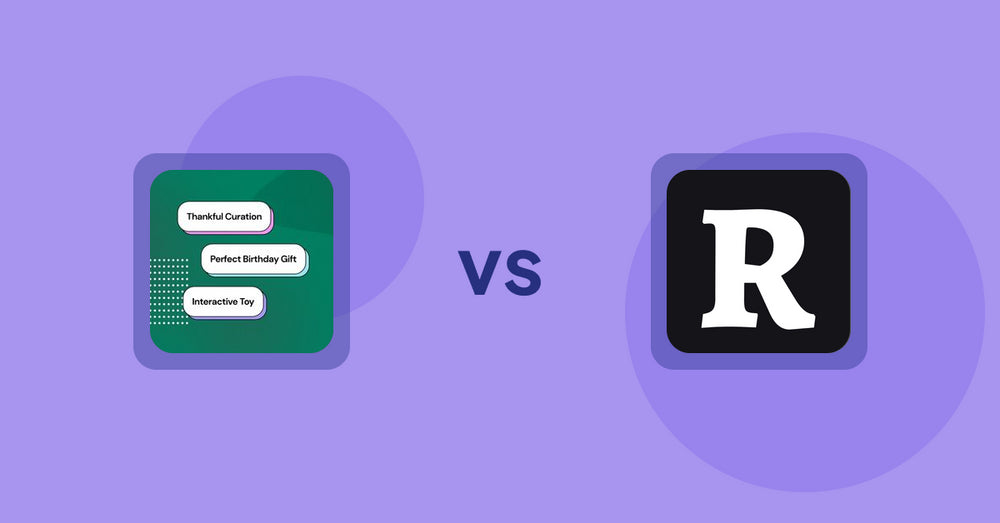
Shopify Product Display Apps: FeatureFrame ‑ Pretty Product vs. AI SEO: Top Product Features
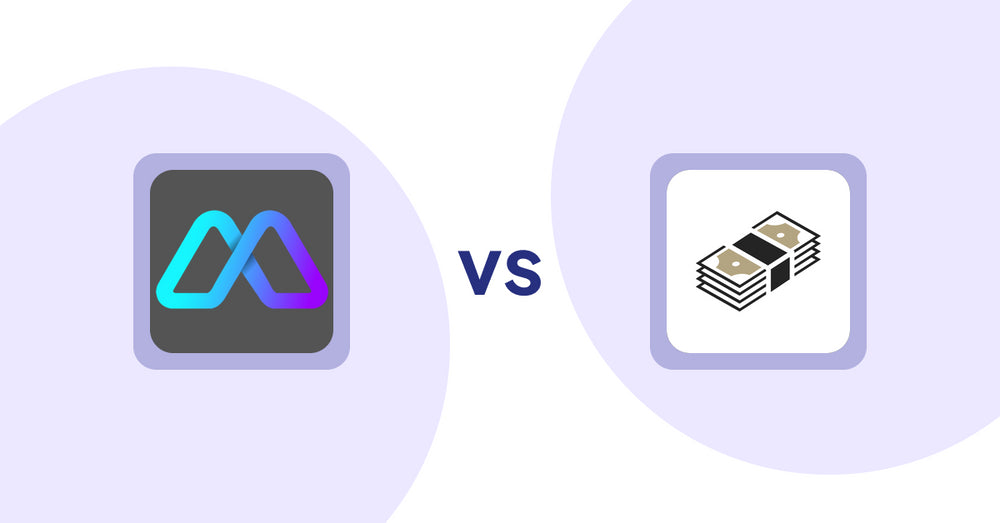
Shopify Product Display Apps: Metadrob: Create Virtual Store vs シンプルクラウドファンディング|お手軽自社クラファン
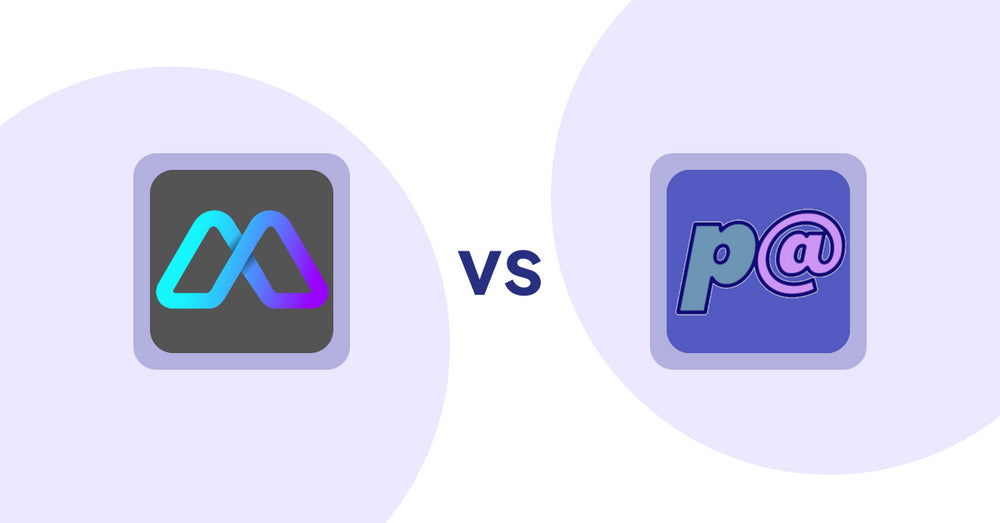
Shopify Product Display Apps: Metadrob: Create Virtual Store vs Parameterizer
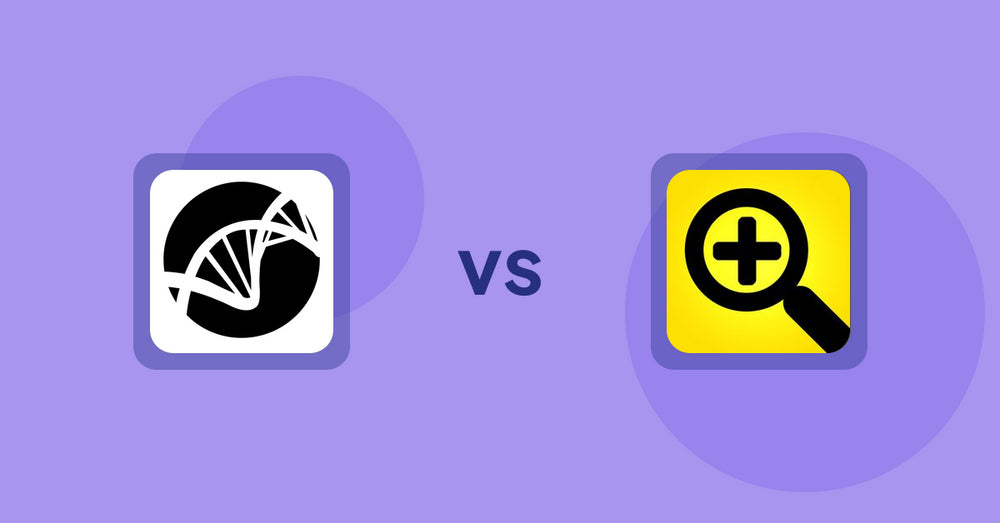
Shopify Product Display Apps: Bike Matrix vs. Fast View: Fastest Quick View
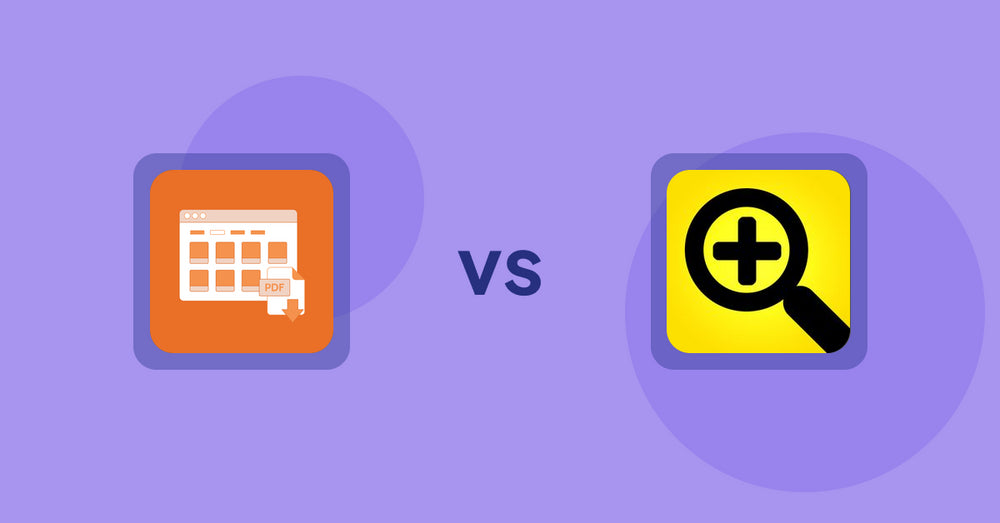
Shopify Product Display Apps: Meetanshi PDF Product Catalog vs Fast View: Fastest Quick View
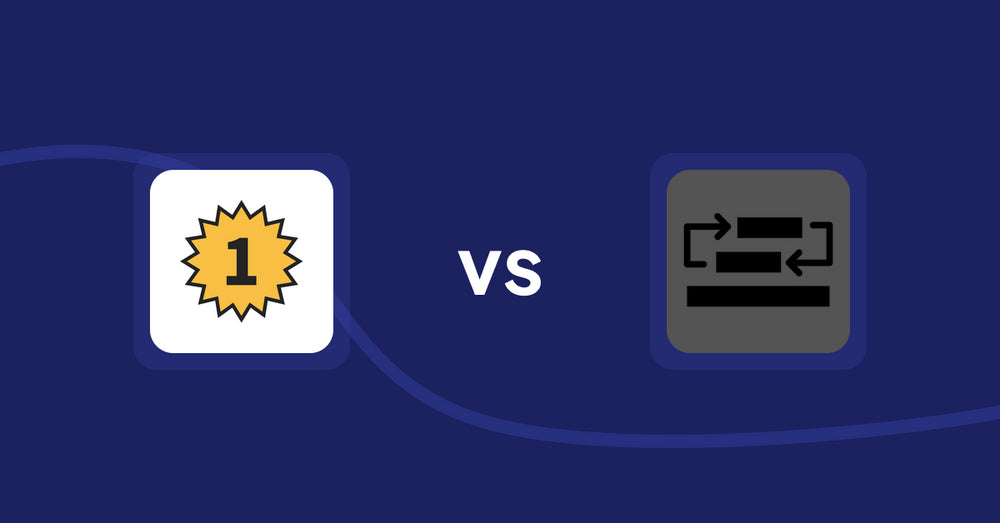
Shopify Product Display Apps: UR: Smart Ranking vs Sortyfi Collection Merchandise
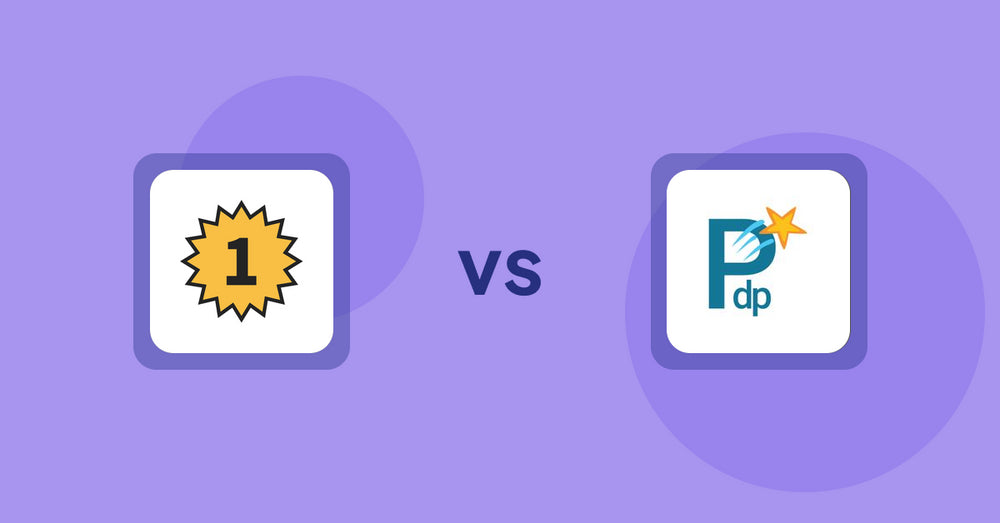
Shopify Product Display Apps: UR: Smart Ranking vs PDP Star
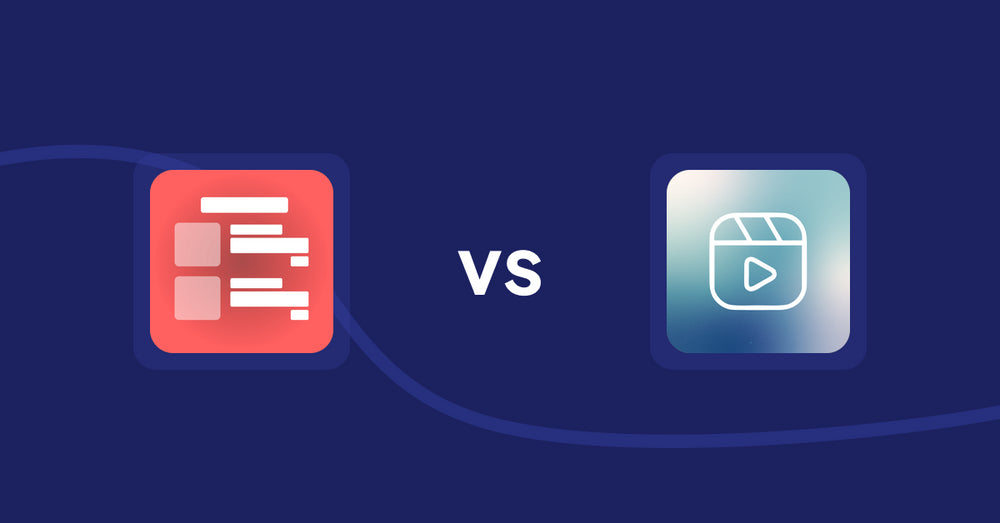
Shopify Product Display Apps: Menulog vs Reelify ‑ Shoppable Reel Video
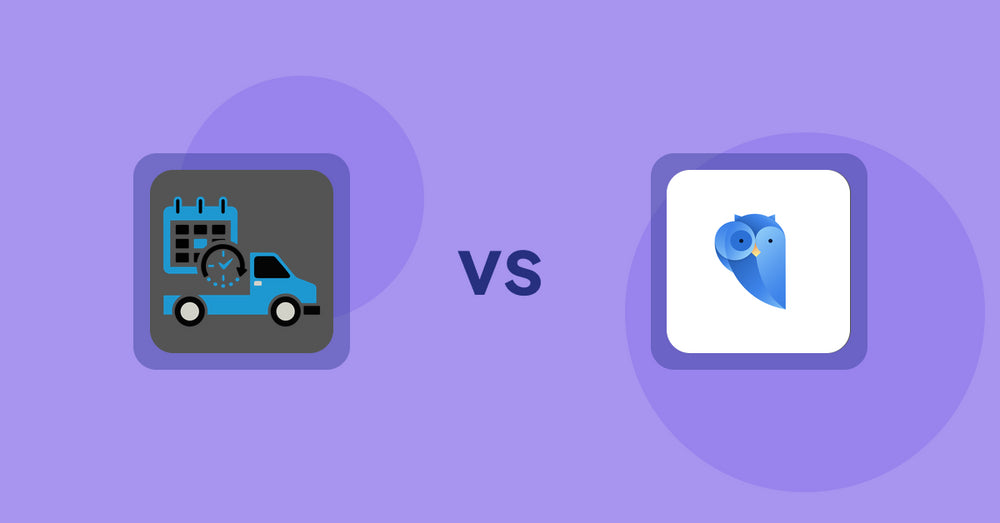
Shopify Product Display Apps: H3 Estimated Delivery vs Findify Search & Merchandise
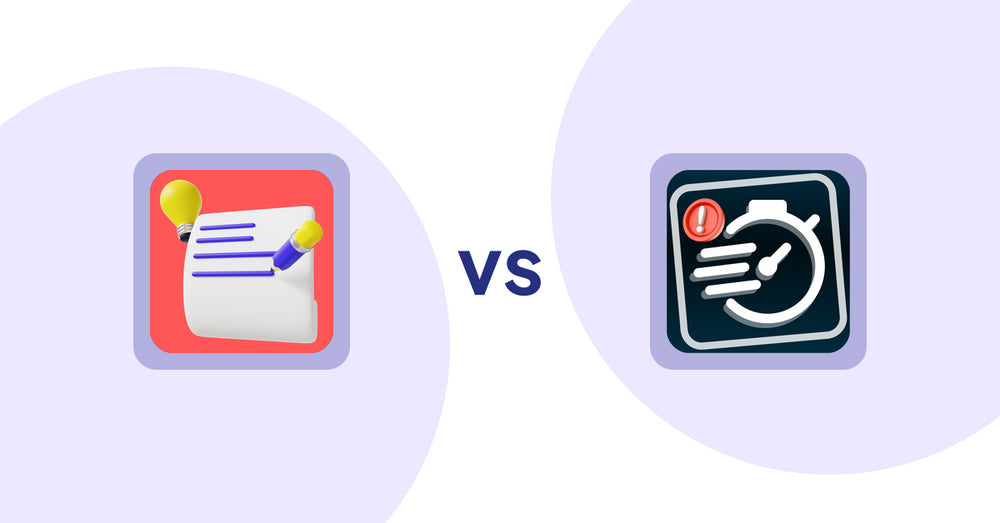
Shopify Product Display Apps: Wordo ‑ ChatGPT AI Description vs Urgency! Low Stock Counter
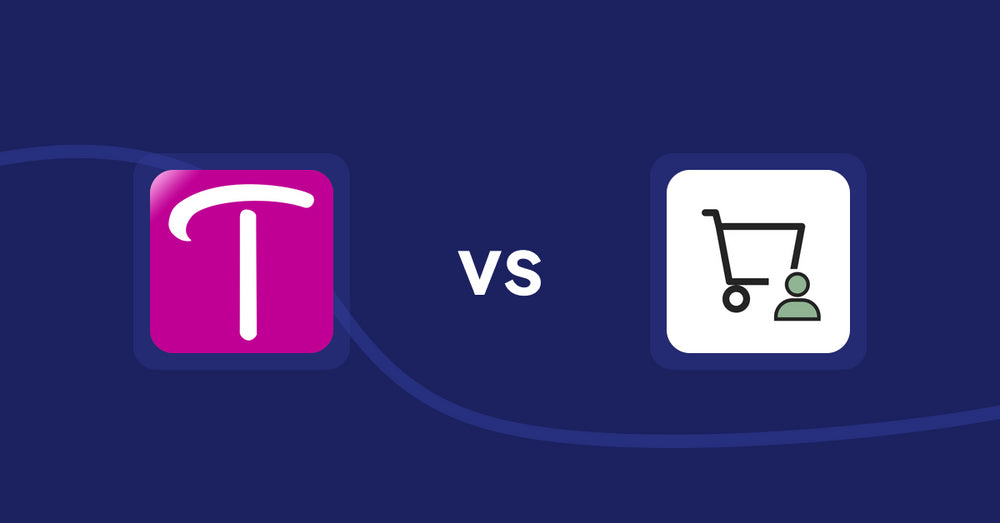
Shopify Product Display Apps: WS Transparency vs シンプル会員注文割引|お手軽ログインセール設定
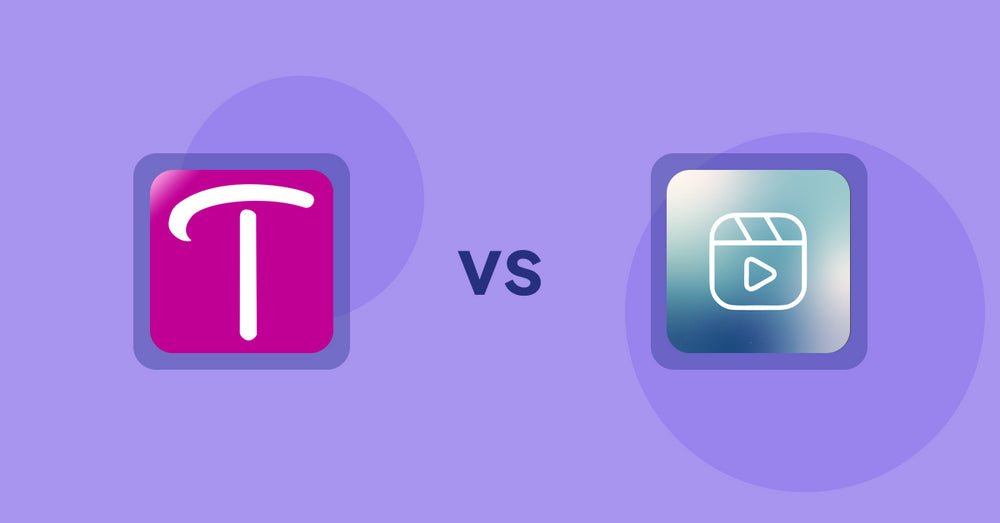
Shopify Product Display Apps: WS Transparency vs Reelify ‑ Shoppable Reel Video
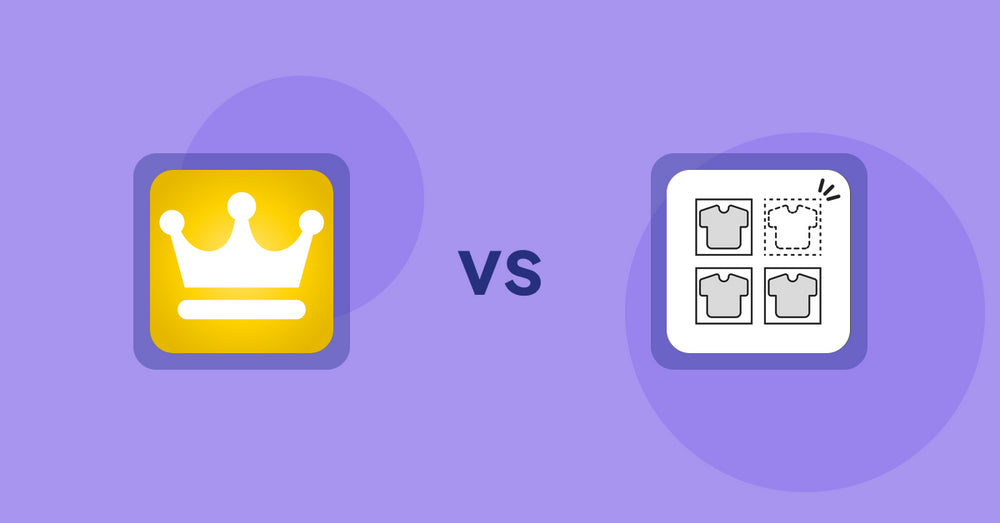
Shopify Product Display Apps: Awesome Ranking vs シンプル売り切れ非表示|在庫切れ商品の表示変更
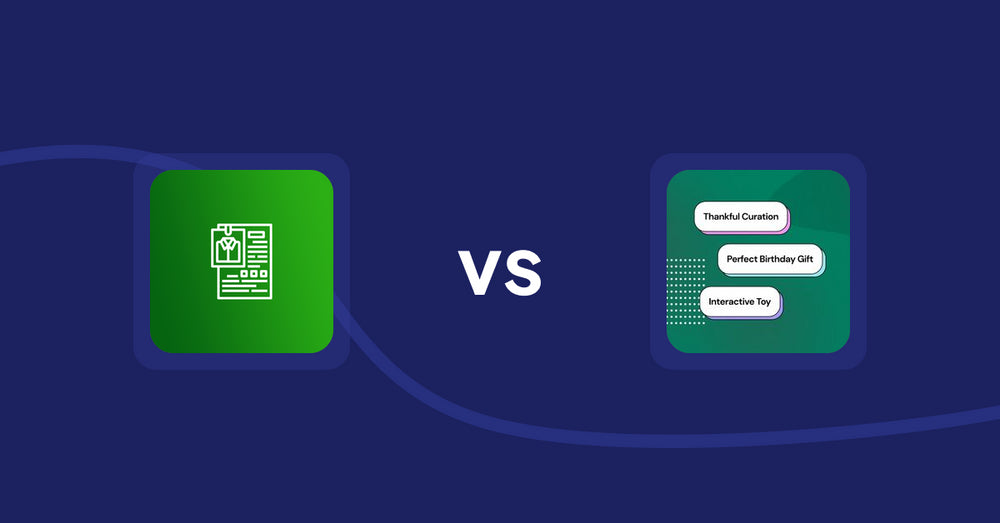
Shopify Product Display Apps: OC Product Size Chart vs FeatureFrame ‑ Pretty Product
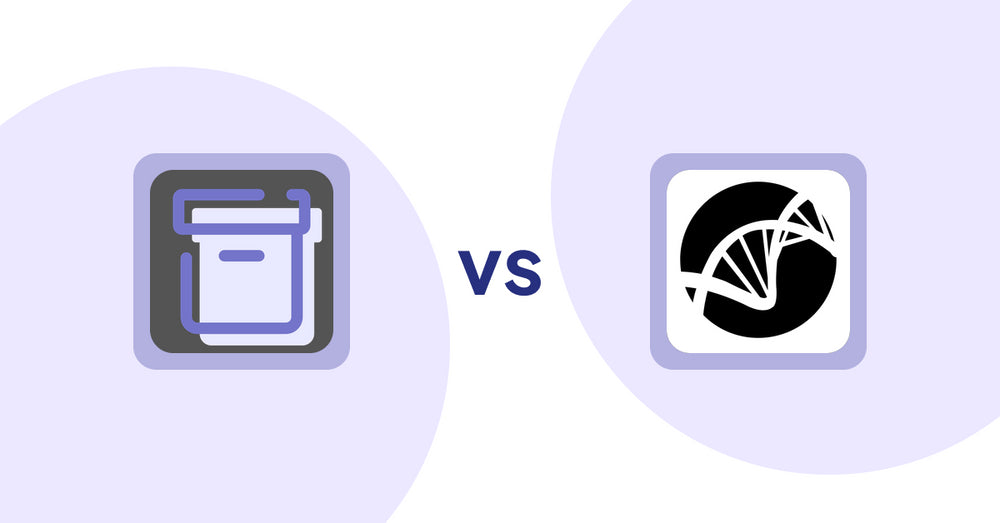
Shopify Product Display Apps: Shelfify vs Bike Matrix
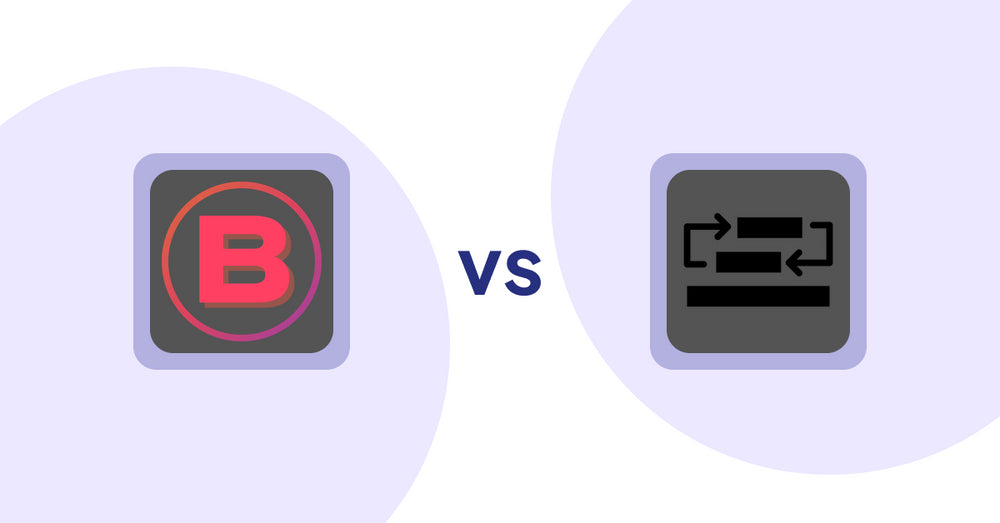
Shopify Product Display Apps: Banter Stories vs Sortyfi Collection Merchandise
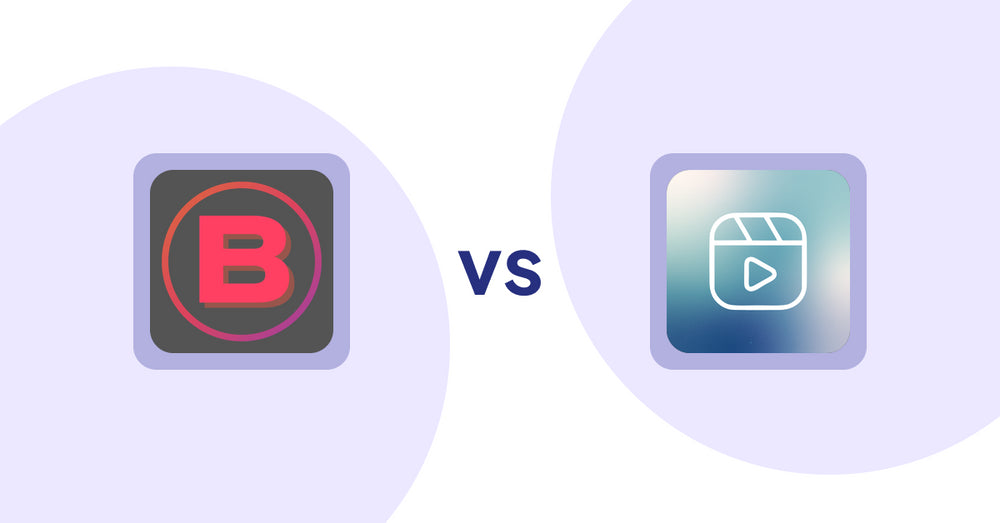
Shopify Product Display Apps: Banter Stories vs. Reelify ‑ Shoppable Reel Video
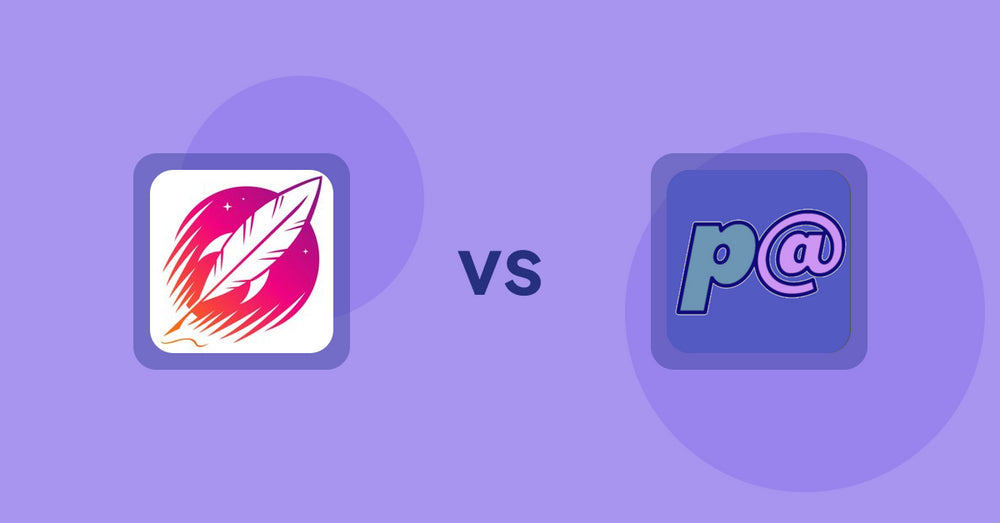
Shopify Product Display Apps: Wordsmith: Content Generator vs Parameterizer
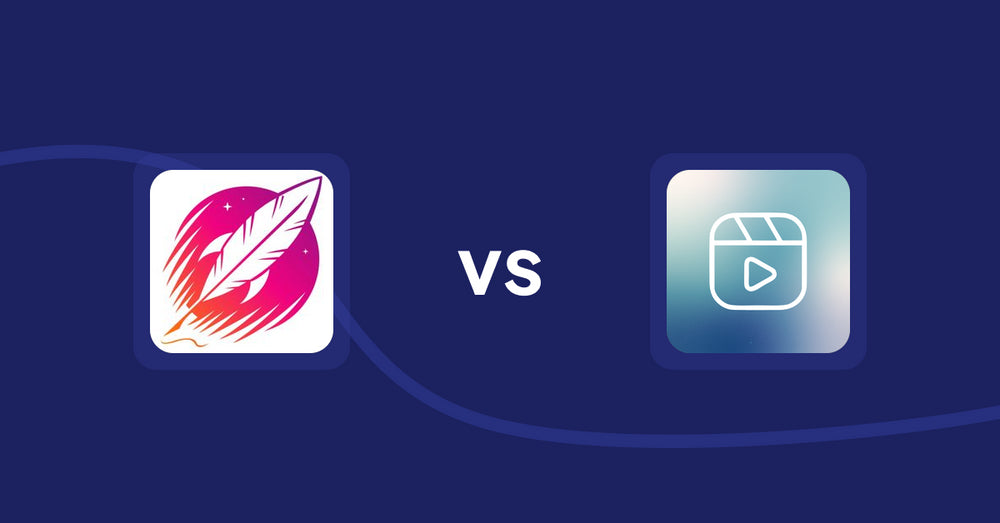
Shopify Product Display Apps: Wordsmith: Content Generator vs Reelify ‑ Shoppable Reel Video
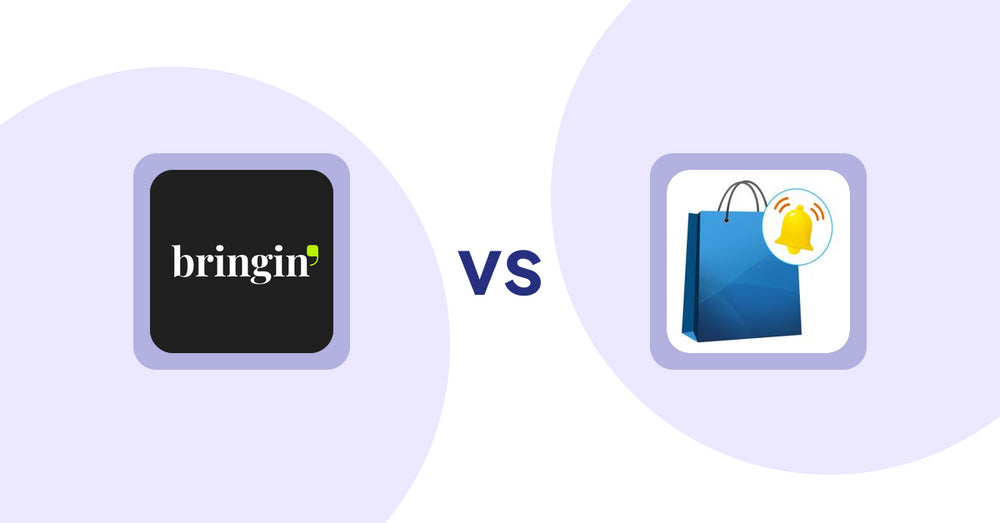
Shopify Product Display Apps: Bringin vs CartBar ‑ Product Purchase Bar
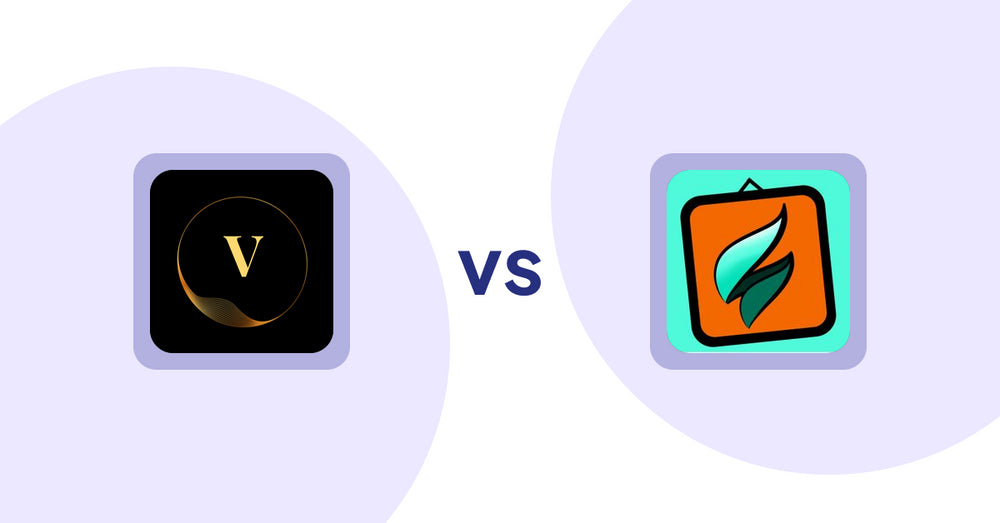
Shopify Product Display Apps: ProductTube vs SMART ‑ Art Product Builder
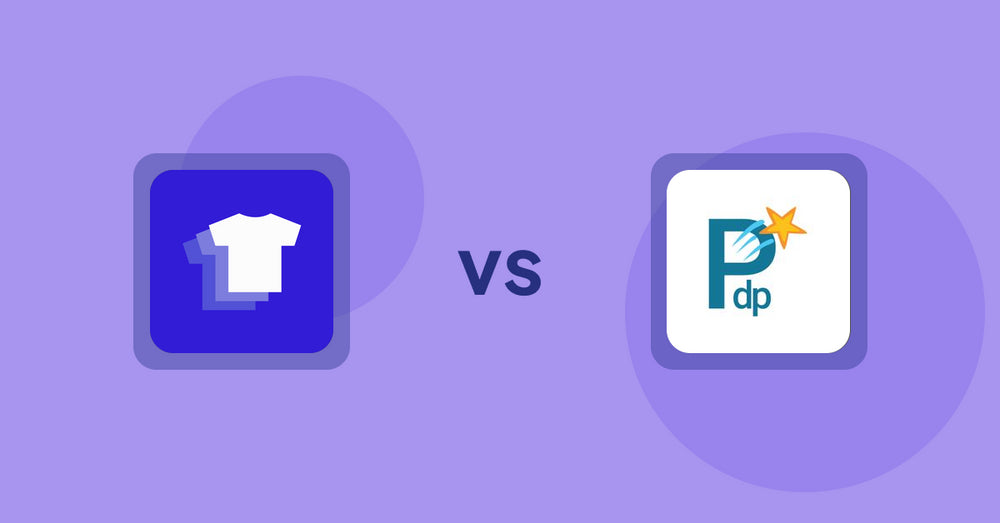
Shopify Product Display Apps: Xpander vs PDP Star
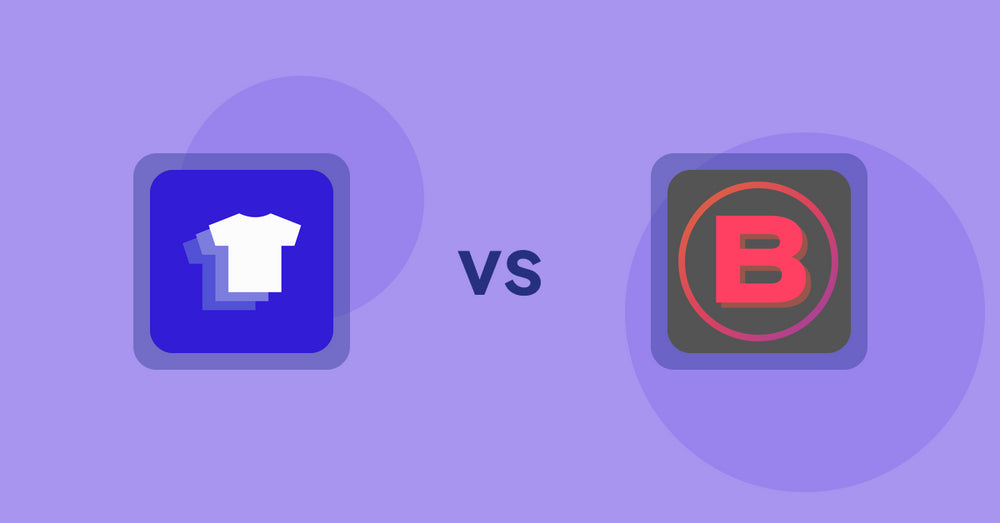
Shopify Product Display Apps: Xpander vs Banter Stories
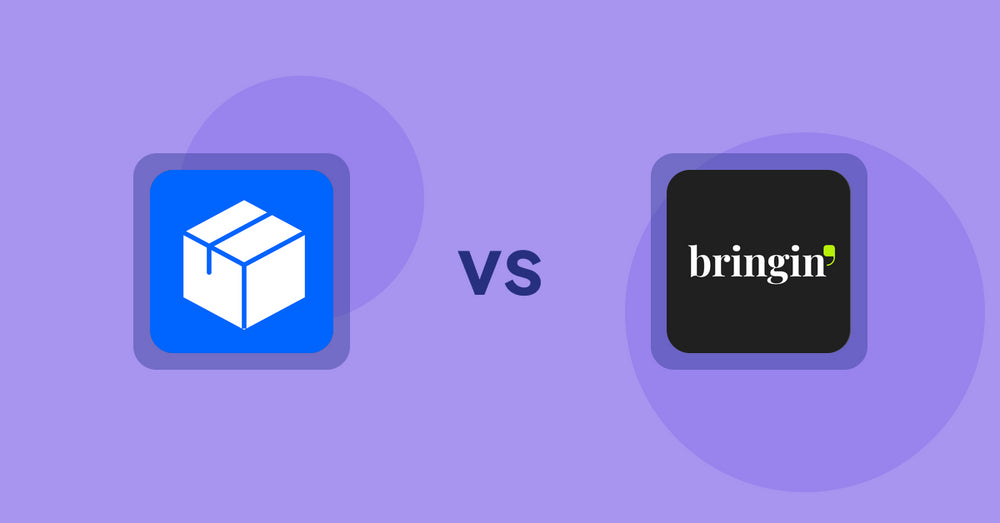
Shopify Product Display Apps: Wonderful Widgets vs Bringin
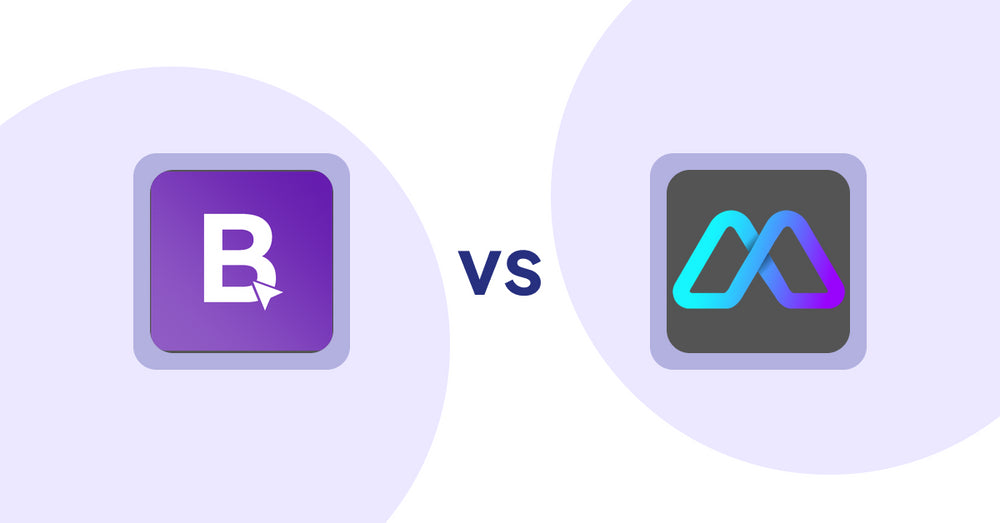
Shopify Product Display Apps: BookE - Rent Property & Service vs Metadrob: Create Virtual Store
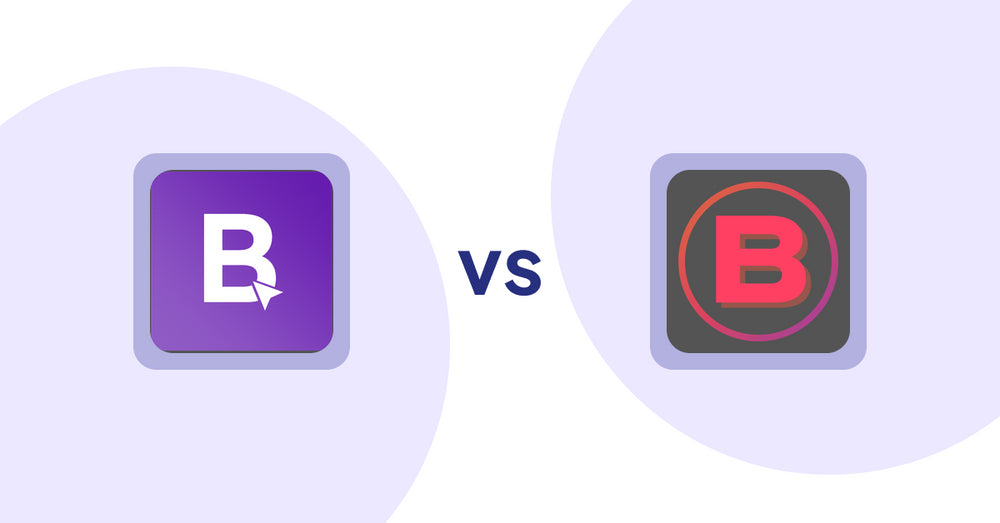
Shopify Product Display Apps: BookE ‑Rent Property & Service vs. Banter Stories
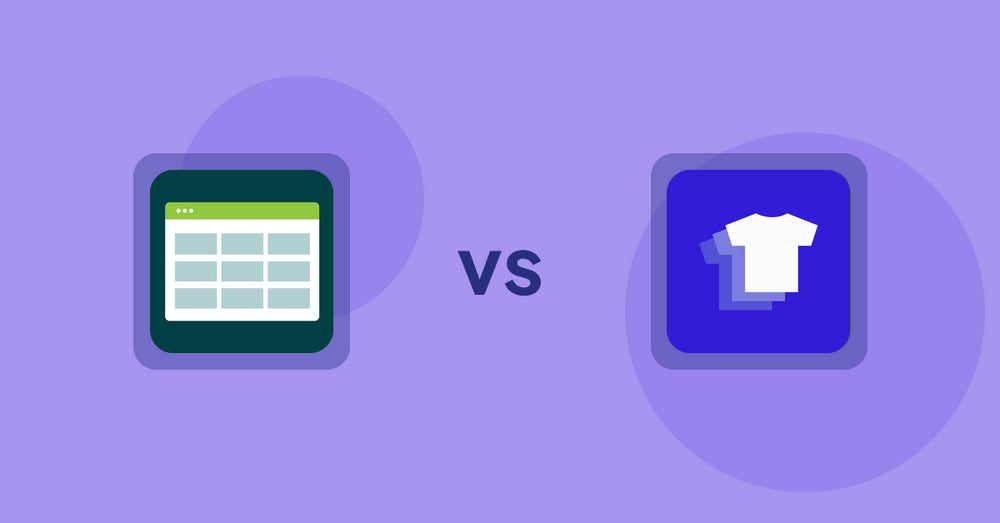
Shopify Product Display Apps: Product Table vs. Xpander
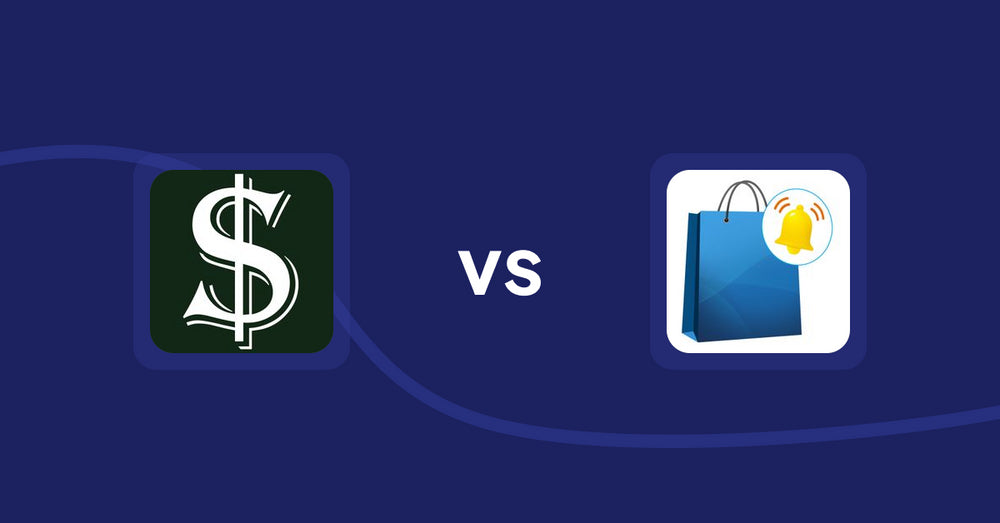
Shopify Product Display Apps: Selling Fast vs CartBar ‑ Product Purchase Bar
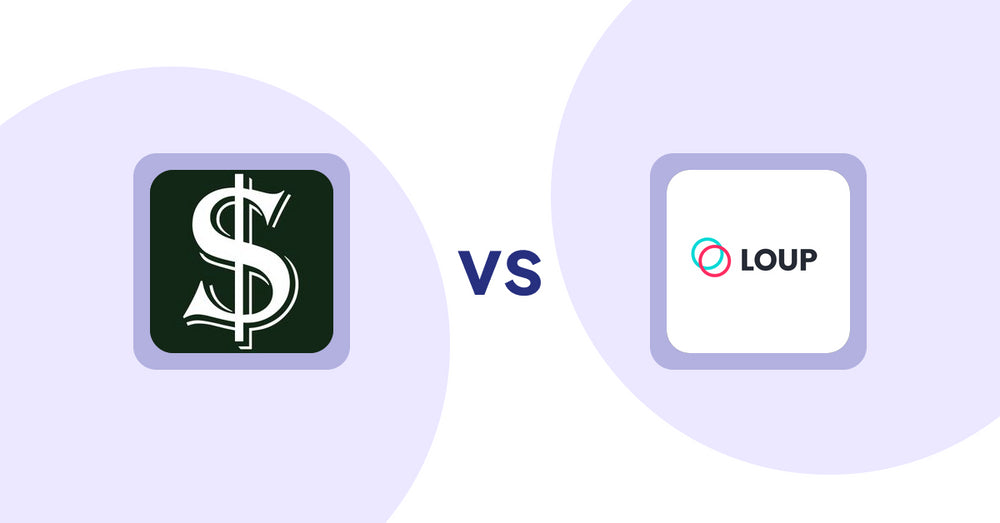
Shopify Product Display Apps: Selling Fast vs. Loup: Sell on Instagram
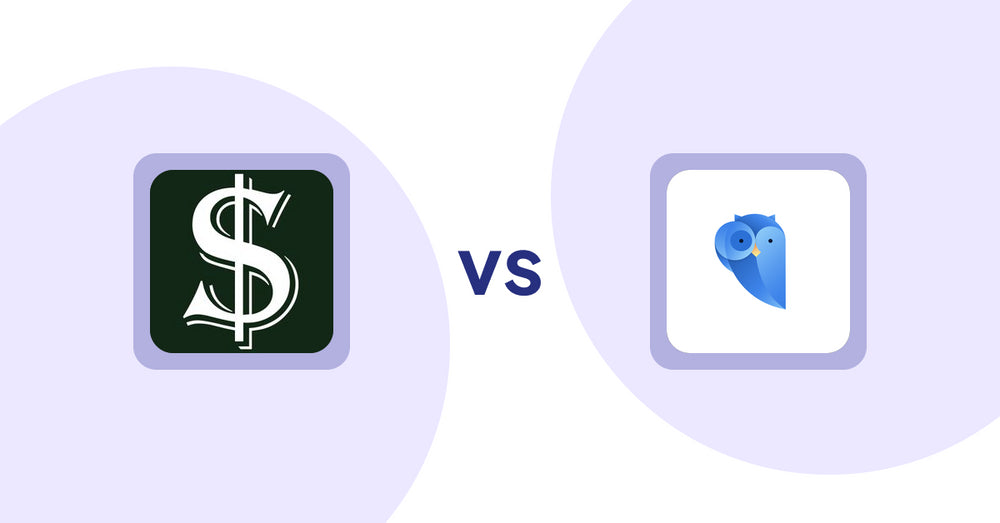
Shopify Product Display Apps: Selling Fast vs. Findify Search & Merchandise
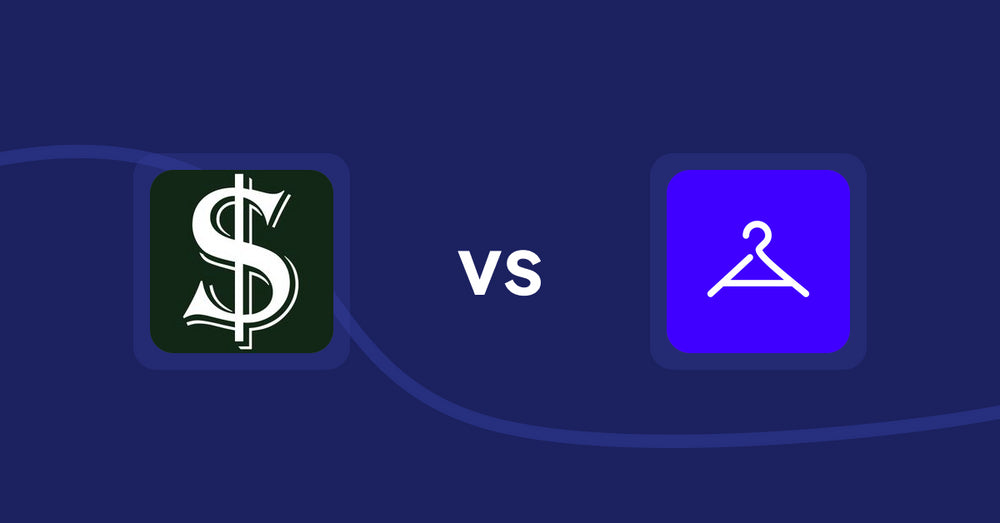
Shopify Product Display Apps: Selling Fast vs. Aiuta
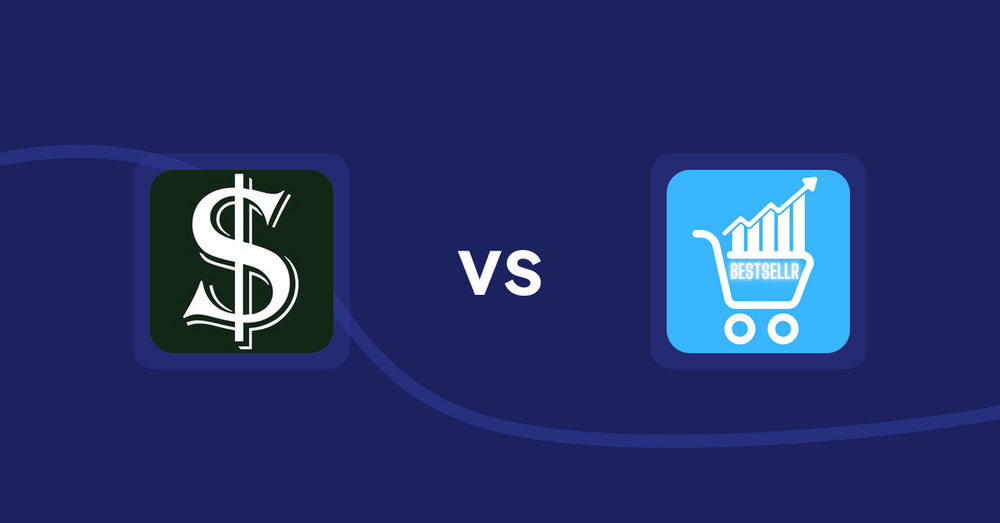
Shopify Product Display Apps: Selling Fast vs Bestsellr
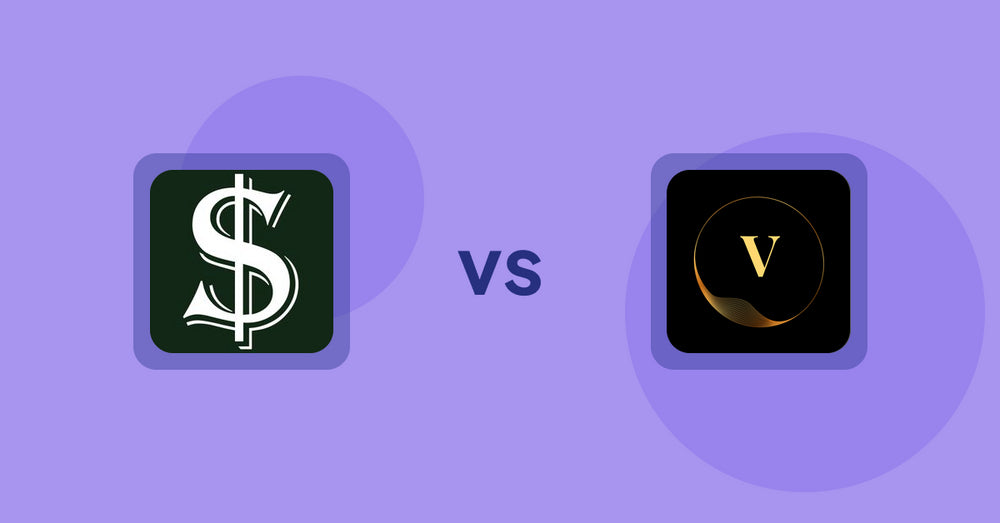
Shopify Product Display Apps: Selling Fast vs ProductTube
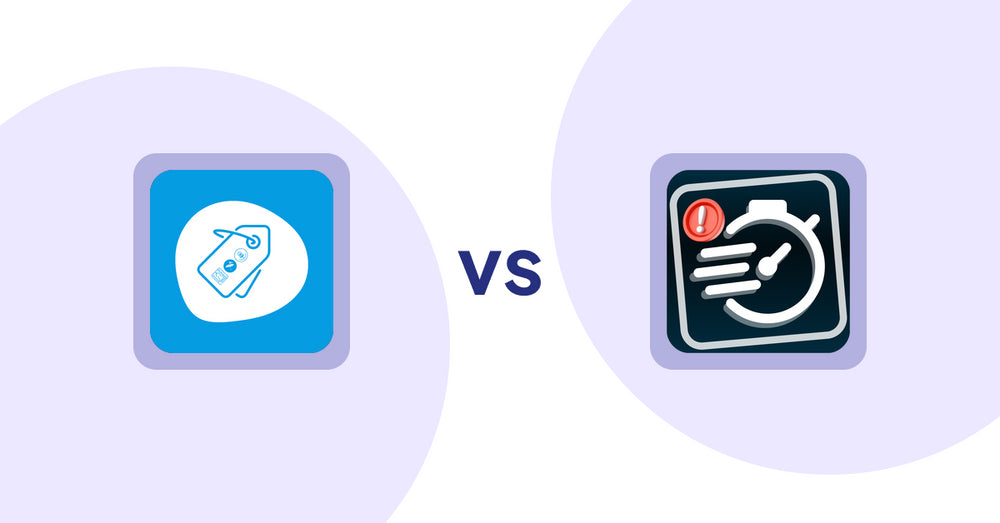
Shopify Product Display Apps: Extendons Product Tag Images vs Urgency! Low Stock Counter
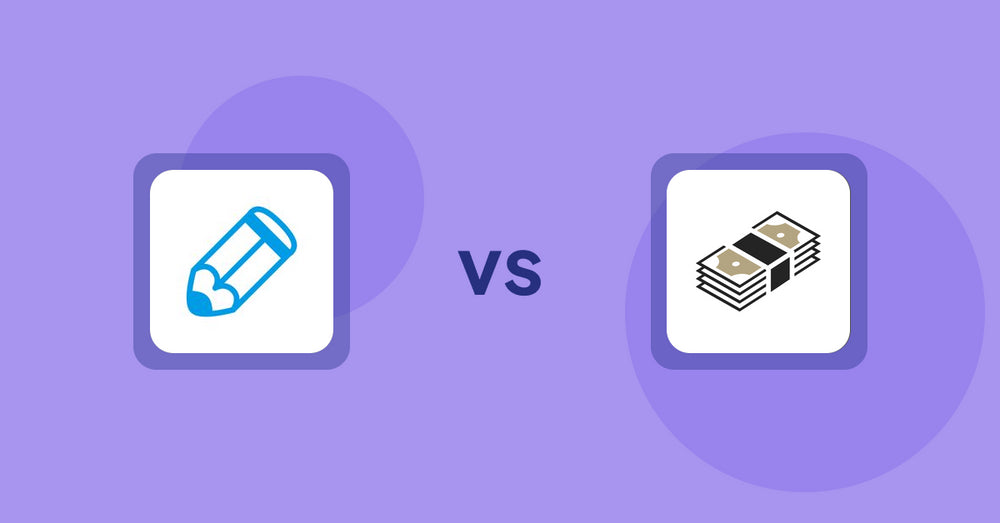
Shopify Product Display Apps: Writer Sofia vs シンプルクラウドファンディング|お手軽自社クラファン
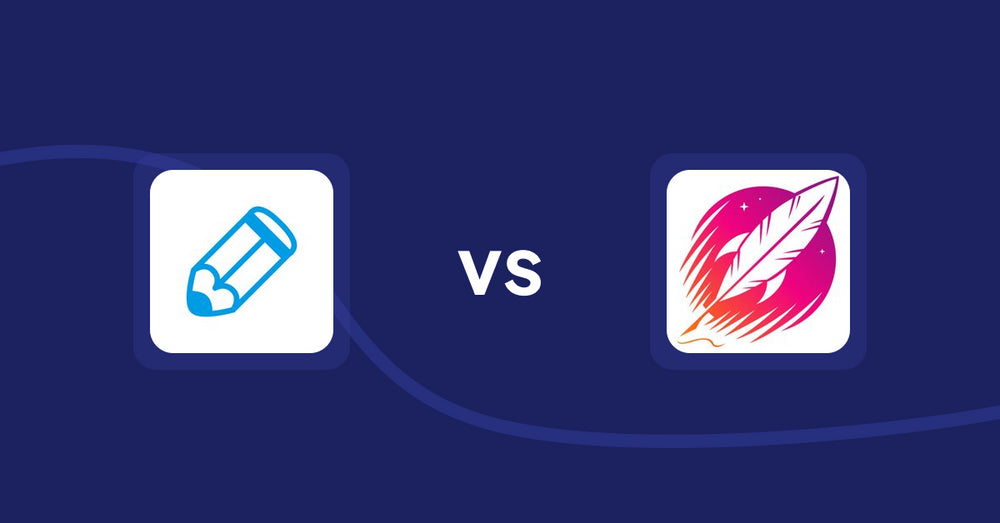
Shopify Product Display Apps: Writer Sofia vs Wordsmith: Content Generator
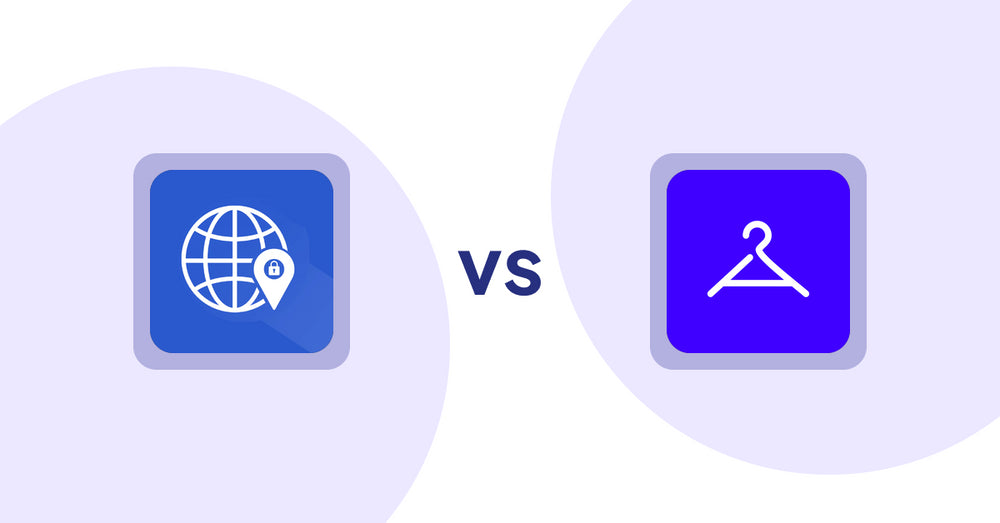
Shopify Product Display Apps: Addify ‑ Country Restrictions vs Aiuta
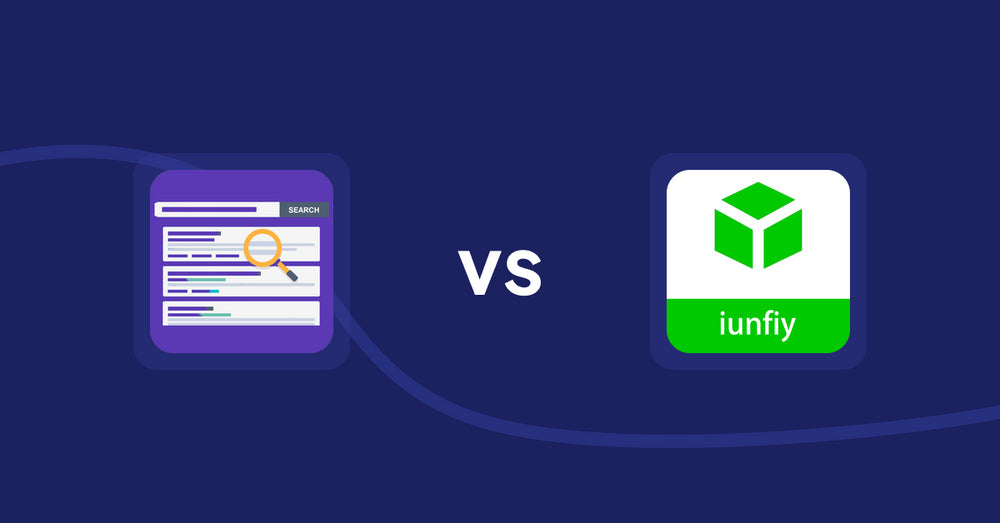
Shopify Product Display Apps: Spark AI Products Description vs iunfiy • Related Products
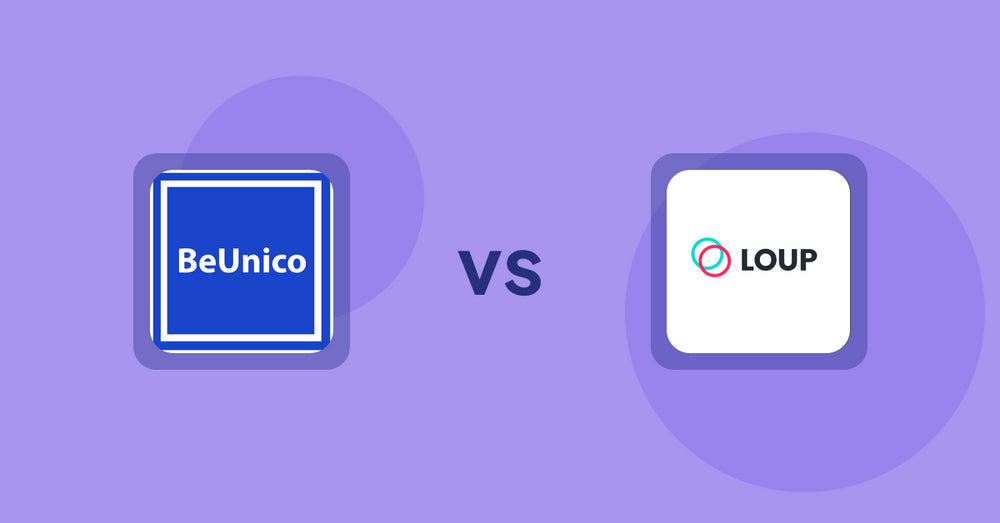
Shopify Product Display Apps: BeUnico vs Loup: Sell on Instagram
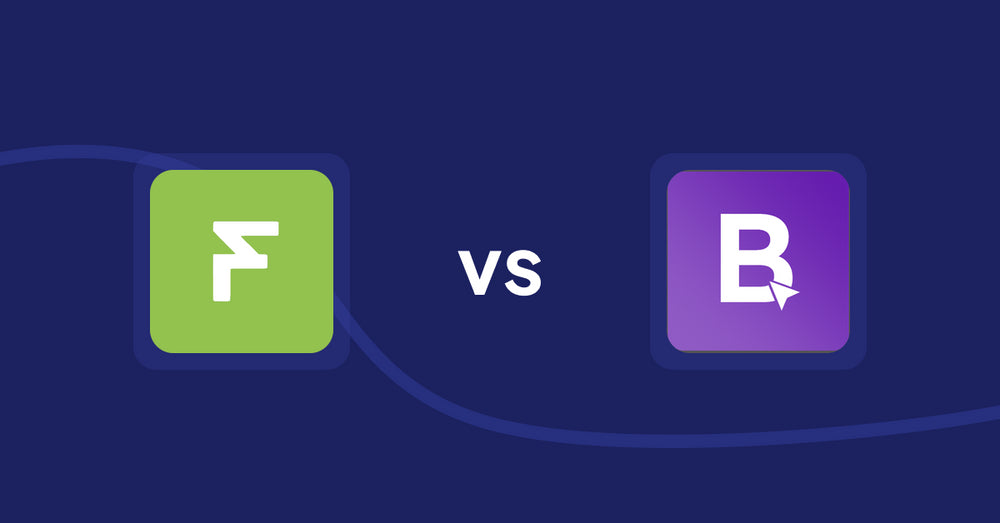
Shopify Product Display Apps: Easy Estimate Shipping vs BookE ‑Rent Property & Service
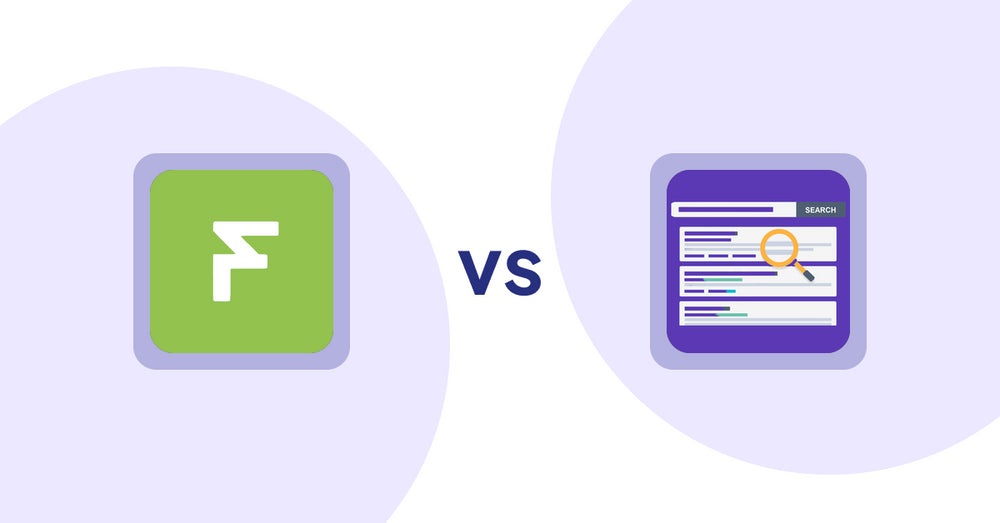
Shopify Product Display Apps: Easy Estimate Shipping vs. Spark AI Products Description
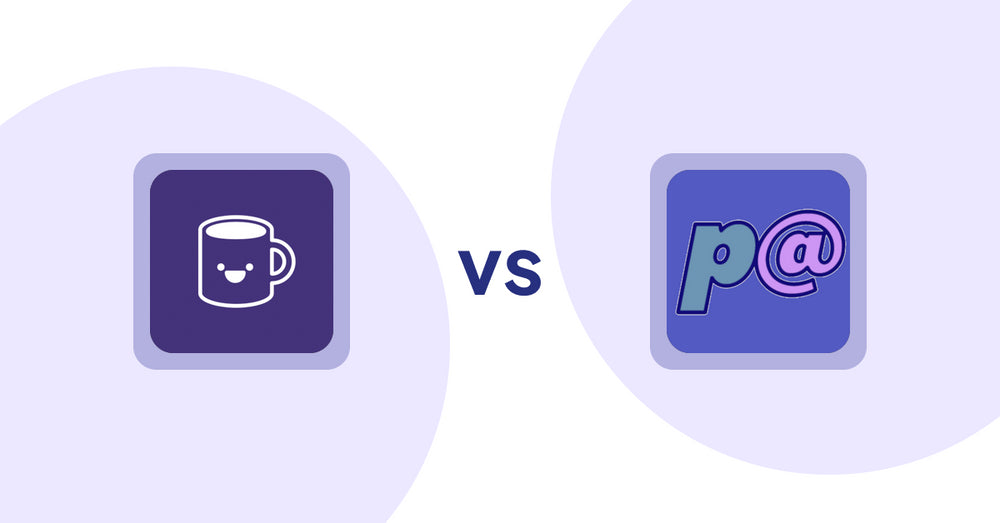
Shopify Product Display Apps: Mugshot Bot vs Parameterizer
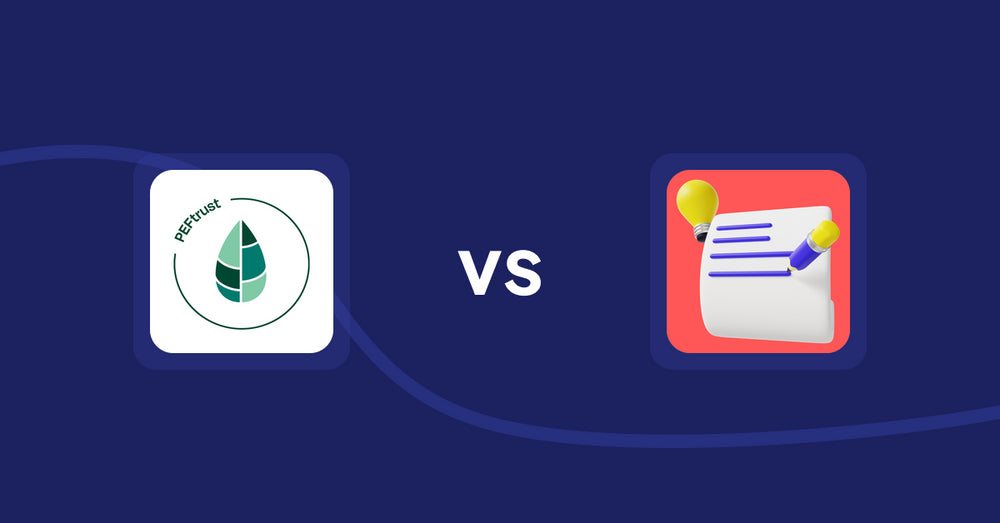
Shopify Product Display Apps: Peftrust vs. Wordo ‑ ChatGPT AI Description
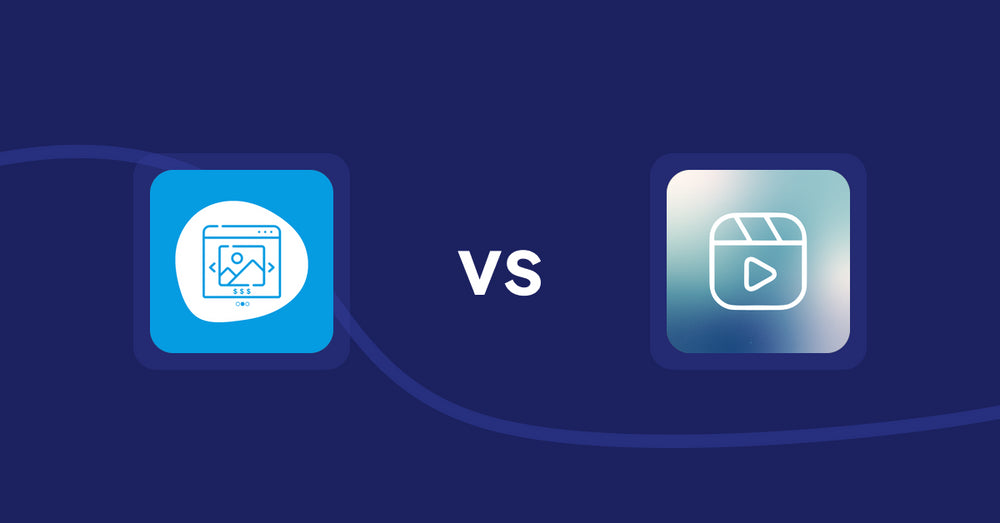
Shopify Product Display Apps: Quick Product Navigator Slide vs Reelify ‑ Shoppable Reel Video
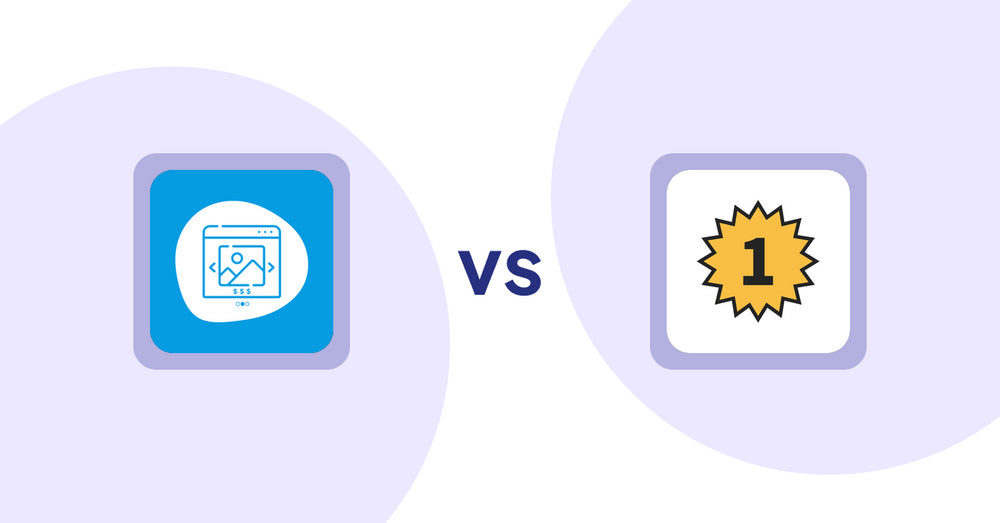
Shopify Product Display Apps: Quick Product Navigator Slide vs. UR: Smart Ranking
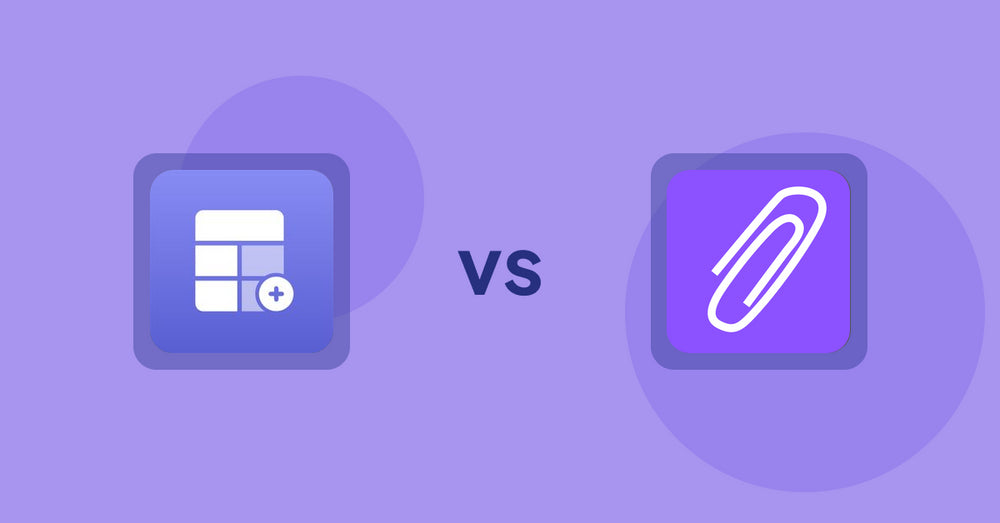
Shopify Product Display Apps: Eazy Specification Tags Table vs Agile Attachments
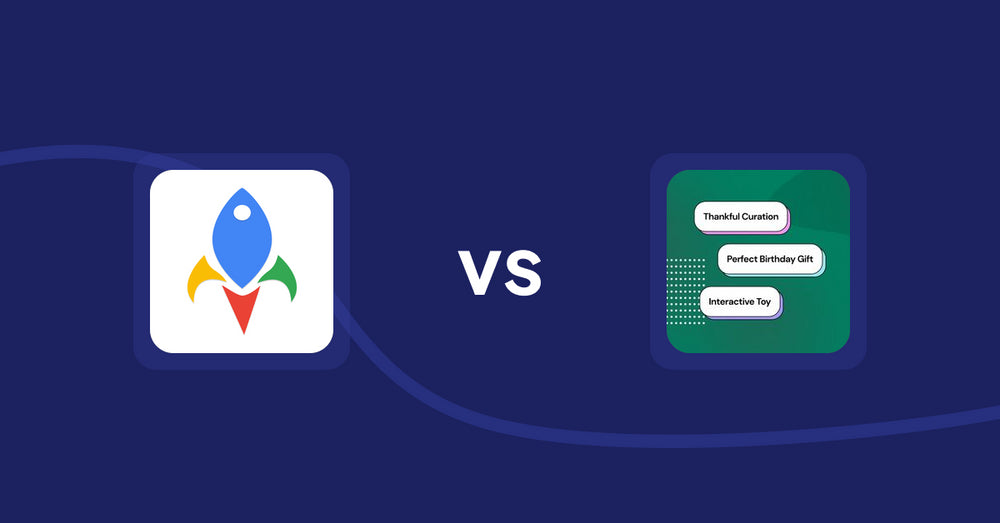
Shopify Product Display Apps: Jedi Back In Stock Admin Alert vs FeatureFrame ‑ Pretty Product
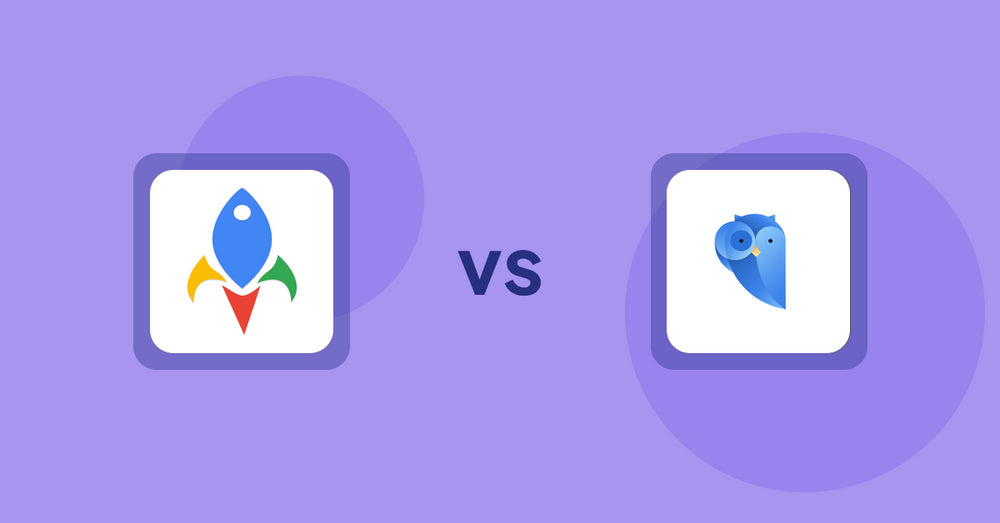
Shopify Product Display Apps: Jedi Back In Stock Admin Alert vs. Findify Search & Merchandise
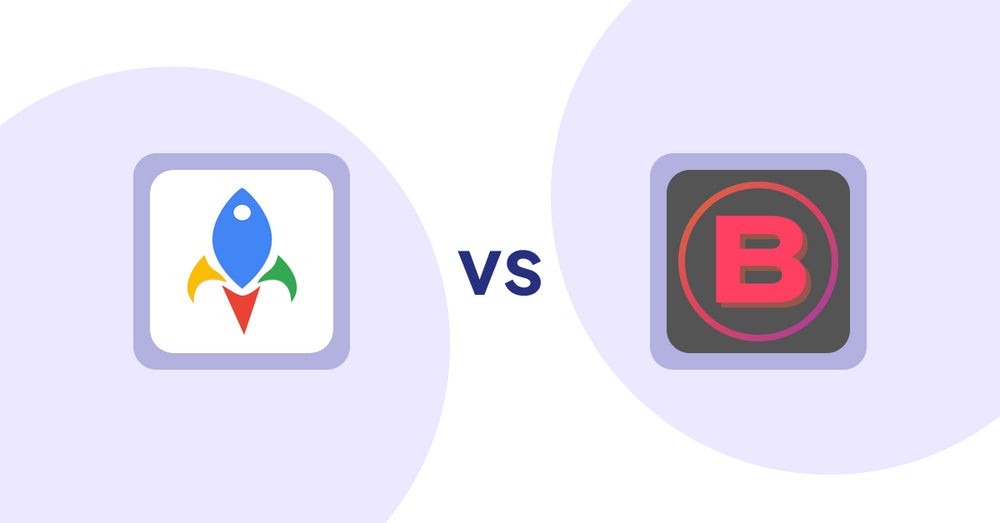
Shopify Product Display Apps: Jedi Back In Stock Admin Alert vs Banter Stories
